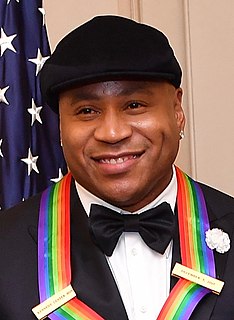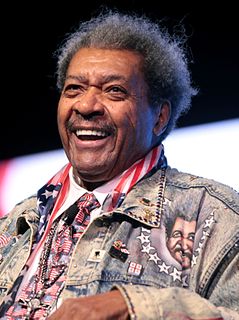A Quote by Niccolo Machiavelli
Related Quotes
I feel it's better to be loved and respected. If people fear you, you can get killed. If you're feared, nobody likes you. If you're feared nobody treats you the right way. You never get the right answers. You ask somebody if this is good, they'll tell you it's good even if it's bad. Nobody wants to be feared. You want to be respected.
Nevertheless, he must be cautious in believing and acting, and must not inspire fear of his own accord, and must proceed in a temperate manner with prudence and humanity, so that too much confidence does not render him incautious, and too much diffidence does not render him intolerant. From this arises the question whether it is better to be loved more than feared, or feared more than loved.
The reply is, that one ought to be both feared and loved, but as it is difficult for the two to go together, it is much safer to be feared than loved, if one of the two has to be wanting. For it may be said of men in general that they are ungrateful, voluble, dissemblers, anxious to avoid danger, and covetous of gain; as long as you benefit them, they are entirely yours; they offer you their blood, their goods, their life, and their children, as I have before said, when the necessity is remote; but when it approaches, they revolt.
We imagined ourselves as the Sons of Liberty with a mission to preserve, protect, and project the revolutionary spirit of rock and roll. We feared that the music which had given us sustenance was in danger of spiritual starvation. We feared it losing its sense of purpose, we feared it falling into fattened hands, we feared it floundering in a mire of spectacle, finance, and vapid technical complexity.
What Orwell feared were those who would ban books. What Huxley feared was that there would be no reason to ban a book, for there would be no one who wanted to read one. Orwell feared those who would deprive us of information. Huxley feared those who would give us so much that we would be reduced to passivity and egoism. Orwell feared that the truth would be concealed from us. Huxley feared the truth would be drowned in a sea of irrelevance.































